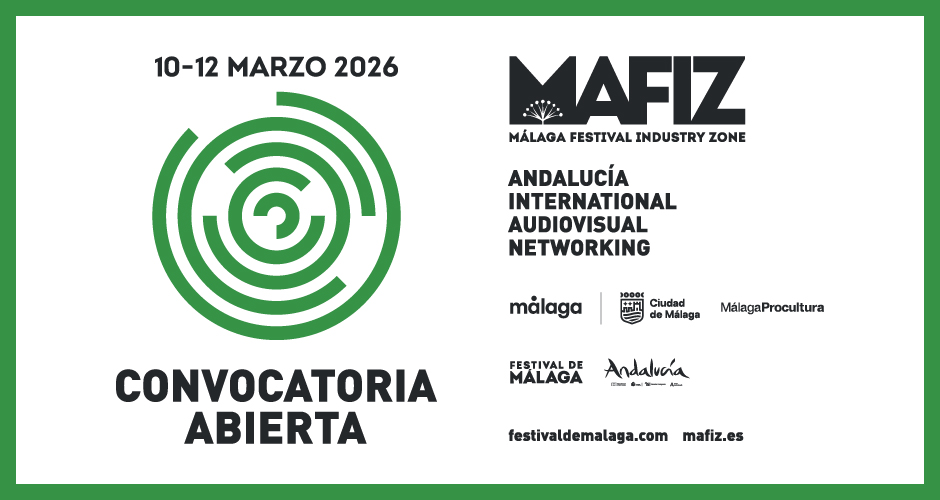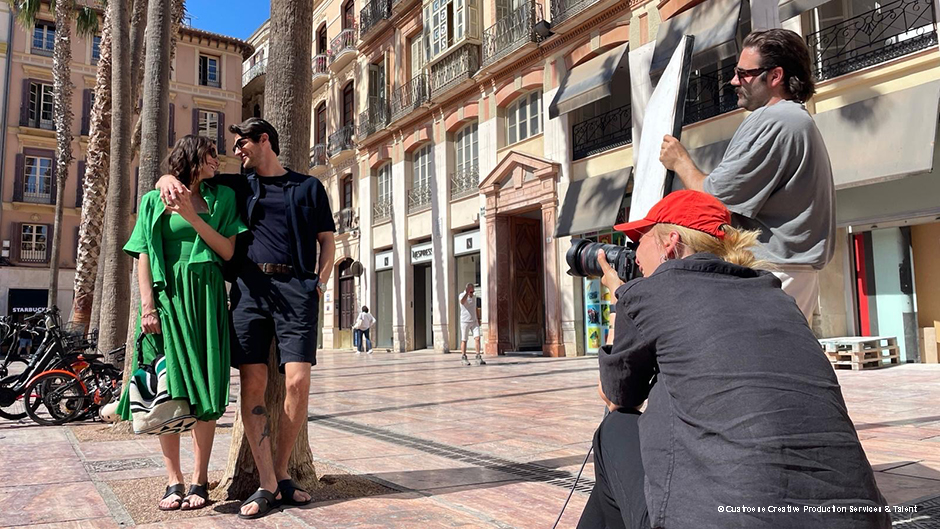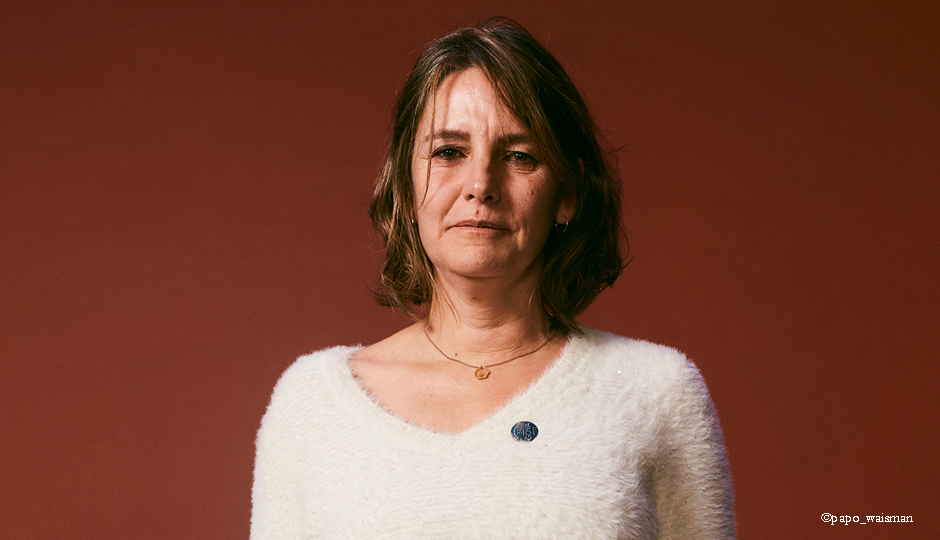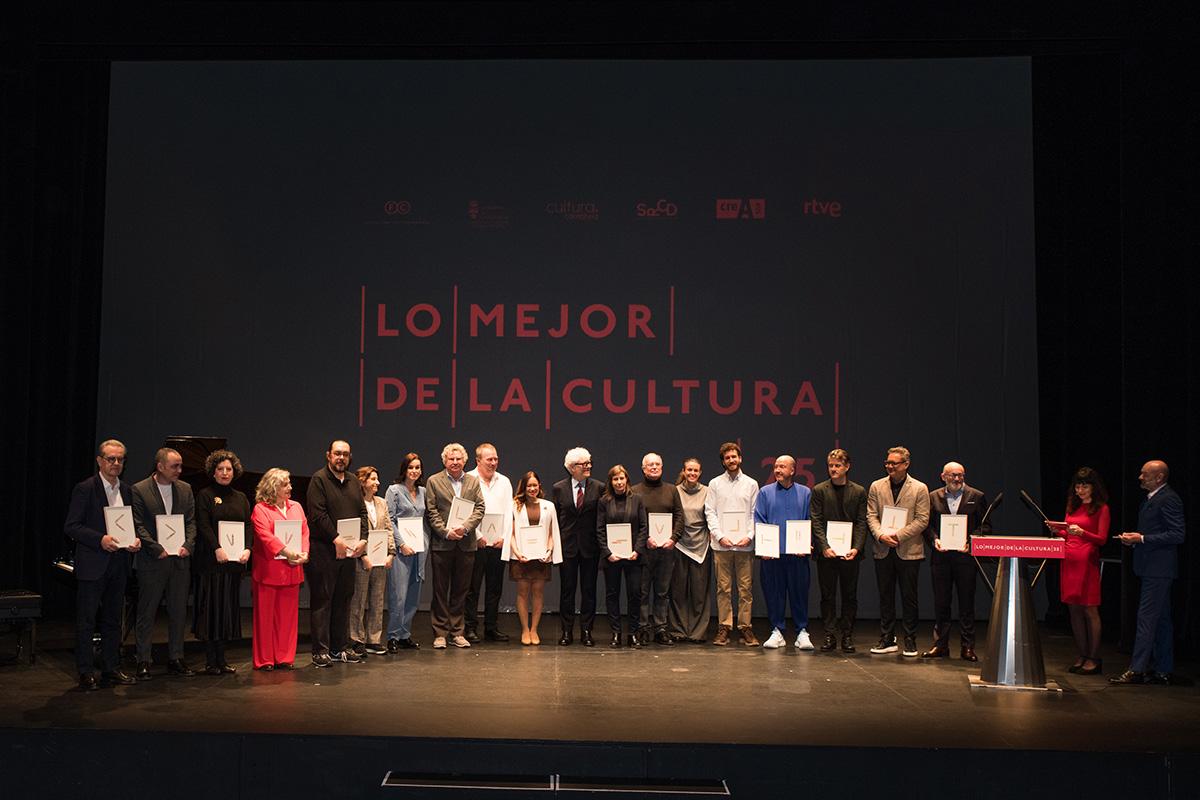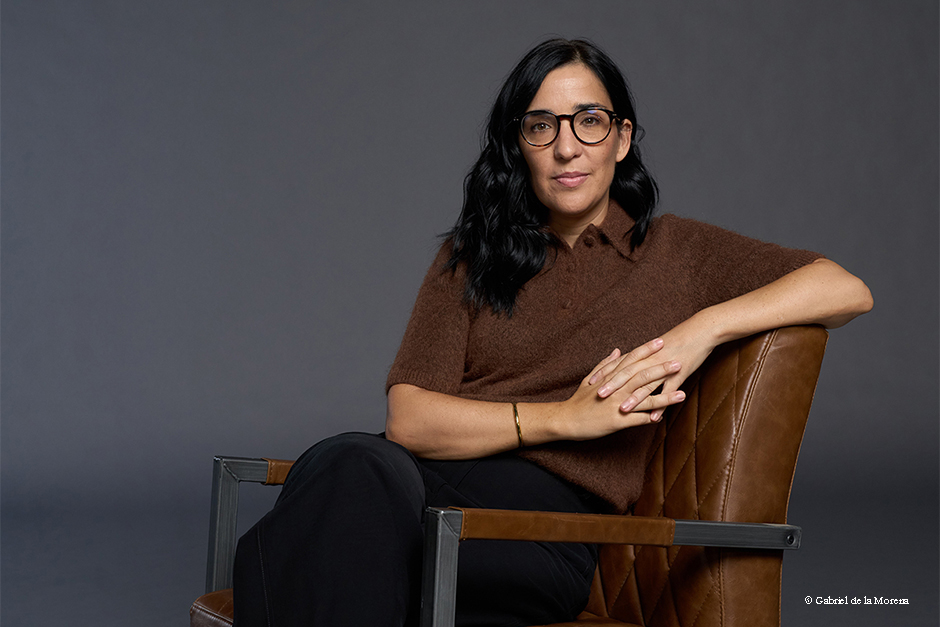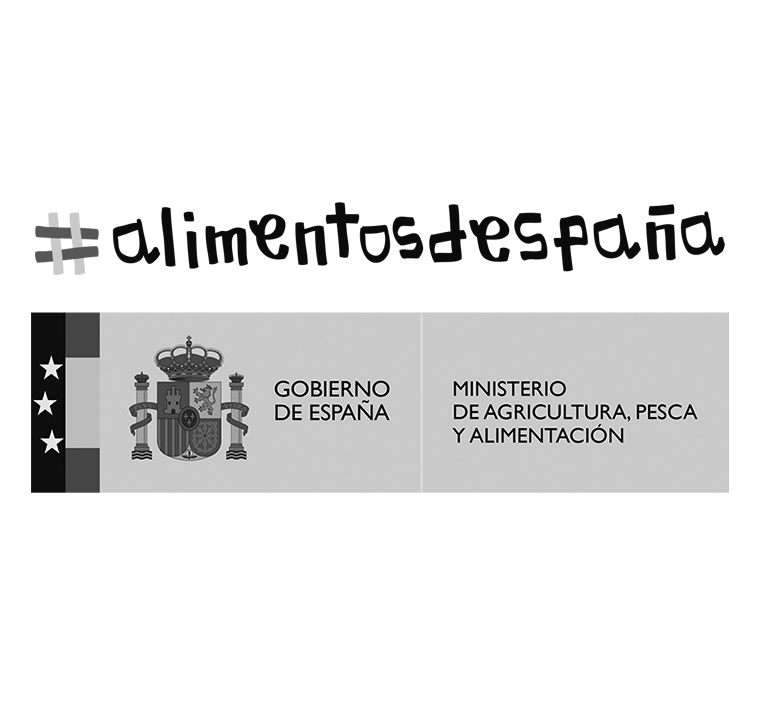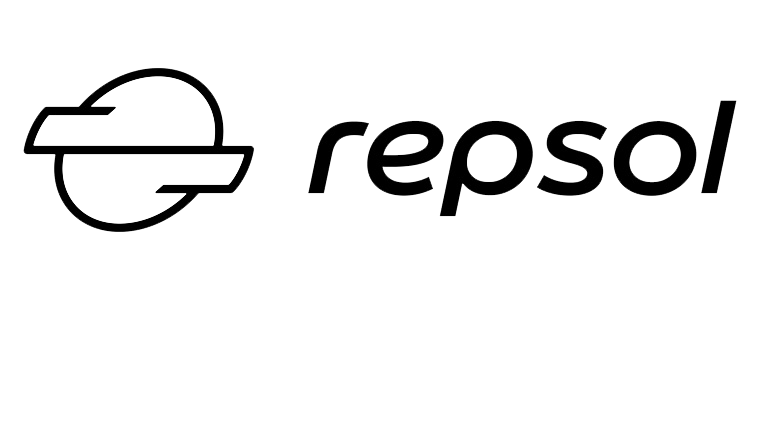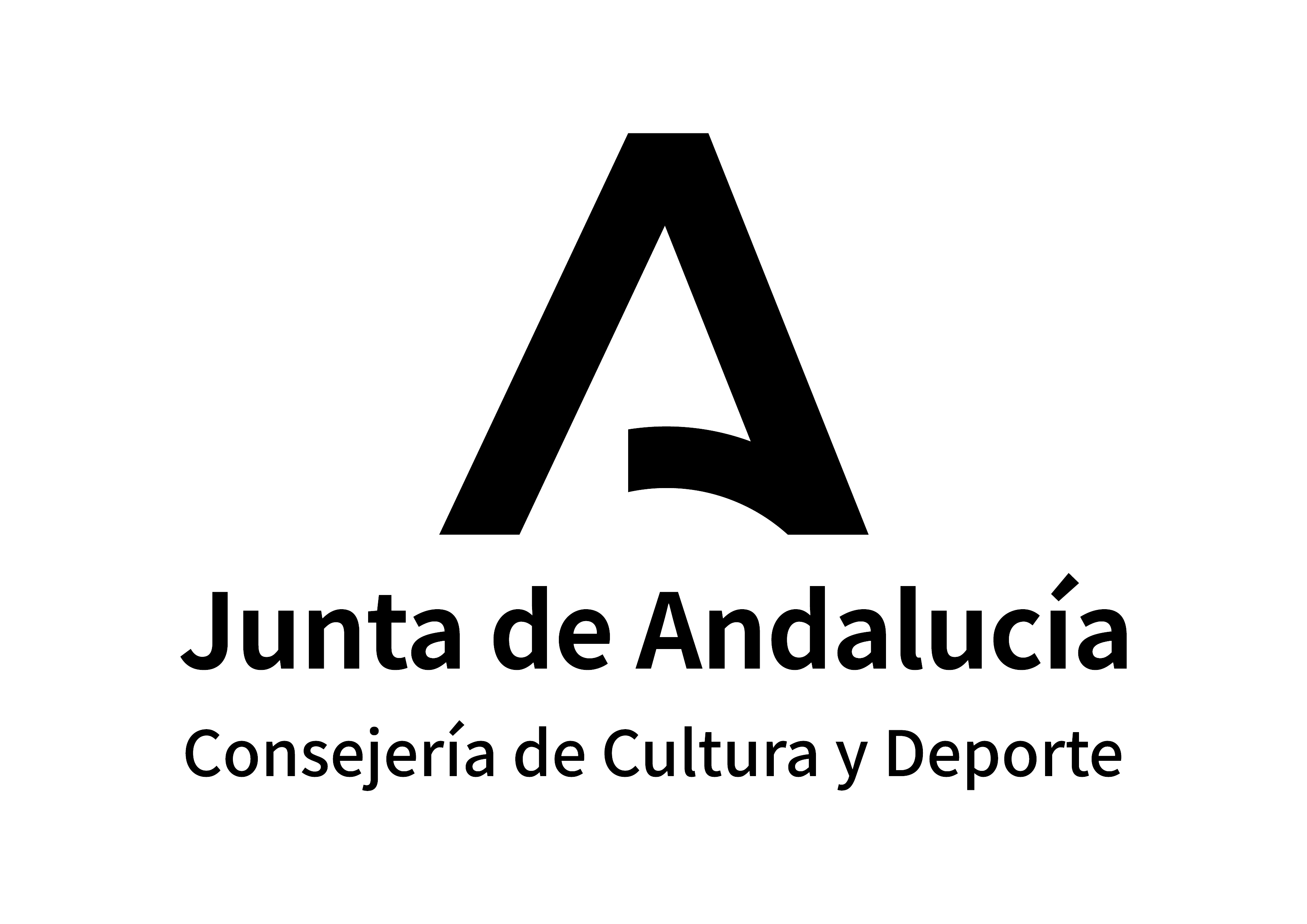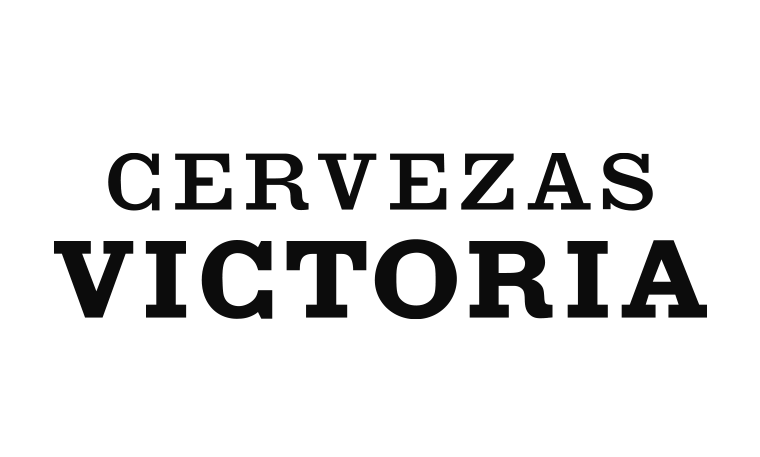Johanné Gómez portrays the most unknown reality of the Dominican Republic from a feminist and anti-colonialist perspective with her debut film 'Sugar Island'
The director competes in the Official Selection of the Festival de Málaga after appearing at the international competitions of Venice and London
The Dominican director Johanné Gómez Terrero presented 'Sugar Island', her debut film, on Wednesday 19 March. It competes in the Official Selection of the Festival de Málaga with a portrait of the most unknown and invisible reality of the Dominican Republic told from a feminist and anti-colonialist perspective.
Gómez Terrero brings the traditions and challenges of the Batey community to the big screen. And does so in a very aesthetic way, through music, traditions and with its documentary essence present in some scenes. The concept of Batey encompasses a rural community whose population carries out work related to the exploitation of sugar cane.
They often live in extreme poverty and are often neglected by both governments and institutions.
I
n a press conference after the screening, Gómez Terrrero stressed that her work conveys "the need for tender dialogue in a world as violent as the one in which we live today, where education and empathy are especially lacking." In addition, the film takes on a vindictive tone, denouncing labour slavery and the role of motherhood in this Dominican community. "There is not a single scene in the film that is not linked to an experience that I have heard or witnessed first-hand," she said.
For Gómez Terrero, "Afro-descendants mostly appear in the media because of terrible news or because of some social crisis" and she wanted to contribute to breaking this tendency, since "it seems that black bodies are always destined for the terrible", she criticised.
The plot delves into the socio-political realities of the Dominican Republic and Haiti – two Caribbean nations marked by colonisation – through themes that may arouse discomfort, but are highly necessary to break down the stereotypes associated with people of African descent. The plot follows Makenya, a 16-year-old girl who, after an unwanted pregnancy, is propelled into adulthood amidst the mechanisation of the sugar industry that threatens to displace the workers in her community. While her grandfather fights for labour rights and her mother connects with spiritual mysteries, Makenya navigates between her earthly power and a multidimensional consciousness.
For her part, Díaz makes her debut as an actress with a complex role in which she manifests a great emotional charge and reflects her inner world without hardly saying a word on many occasions. Sometimes her character "is defined more by what she does not say than by what she expresses verbally," she pointed out. The actress has summed up her character as a representation of the reality of many young black Dominican girls.
The film is a co-production between the Dominican Republic and Spain, made by Tinglado Film and Guasábara Cine. The main cast includes Yelidá Díaz, Juan María Almonte, Ruth Emeterio and Génesis Piñeyro. The director of photography is Alván Prado, while the music is the work of Jonay Armas and Gagá de la 30. The staging was carried out by Raúl Barreras.
'Sugar Island' had its world première in the Giornate degli Autori section of the Venice Film Festival 2024, where it received honourable mentions for its treatment of labour rights and environmental issues. It has also been screened at the London Festival and now arrives at the Festival de Málaga in an edition in which the Dominican Republic is the guest country in its Focus section.
Johanné Gómez Terrero, a graduate of the International Film and Television School of San Antonio de los Baños, Cuba and the Film and Audiovisual School of Catalonia, is recognised for her focus on Afro-diasporic and decolonial themes. Her filmography includes the documentaries 'Bajo las carpas' (2014) and 'Caribbean Fantasy' (2016). 'Sugar Island' is her first fiction feature film.
Share









